Hayabusa Engine For Sale – It implies that there’s nothing off-limits, nothing beyond the reach of commerce. Whether you’re the seller or the buyer, the phrase “for sale” is a reminder that everything in life is in constant motion, always moving toward something new, something different, something better. The online second-hand market has also made it possible for people to buy and sell niche items that may not be available in local stores. Business brokers play a key role in facilitating the transaction by acting as intermediaries between the buyer and seller. Once an agreement is reached, the final step is the legal transfer of ownership. For many, purchasing second-hand goods is not just about saving money, but about embracing sustainability, supporting a circular economy, and contributing to a more environmentally conscious world. The role of business brokers and intermediaries has become increasingly important in today’s business-for-sale market. There is also a growing trend of upcycling and repurposing second-hand goods, where items that may no longer serve their original purpose are transformed into something new and useful. The world of second-hand goods for sale is vast and varied, encompassing everything from clothing, electronics, and furniture, to books, antiques, and collectibles. A high-quality winter coat, for example, will keep you warm and dry through years of cold weather, offering comfort and protection that a cheaper, mass-produced coat cannot match. This sense of history and individuality is part of what makes second-hand shopping so appealing. It’s about change, opportunity, and the negotiation of value. However, it’s also important to recognize the darker side of this freedom. Quality goods for sale are not just limited to luxury items or high-end brands. Online marketplaces have opened up opportunities for people to buy and sell goods from the comfort of their own homes. For many, owning a quality product means owning a piece of history, a connection to something larger than themselves. When someone talks about purchasing quality goods, they are likely thinking of items that have been designed to last, to provide a superior experience, and to offer a sense of value far beyond the initial cost. Due diligence is a crucial part of the process, where the buyer investigates the business thoroughly to ensure that there are no hidden liabilities, potential risks, or operational inefficiencies. Both buyers and sellers should approach transactions with honesty and transparency to ensure a smooth exchange. Every click, every like, every follow, is part of an ongoing transaction.
Suzuki Hayabusa engine, 1500cc, for Radical, Caterham, Westfield, Race
Designed with precisionsuperior performancesince 1972cutting edge technology
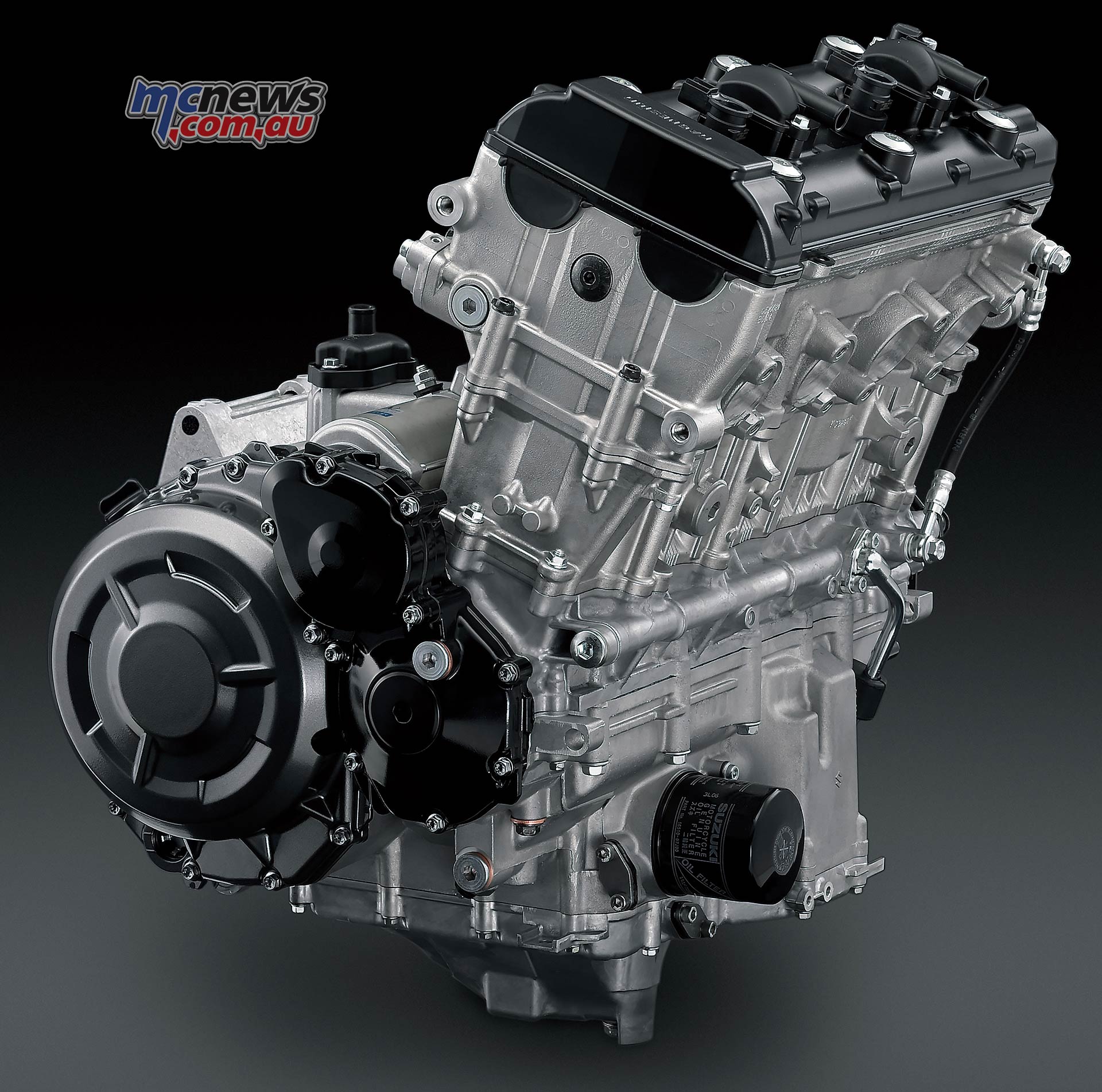
Suzuki Hayabusa Engine For Sale Hayabusa Performance Engines For Sale
Designed with precisionsuperior performancesince 1972cutting edge technology

Hayabusa Turbo Engine For Sale
Designed with precisionsuperior performancesince 1972cutting edge technology
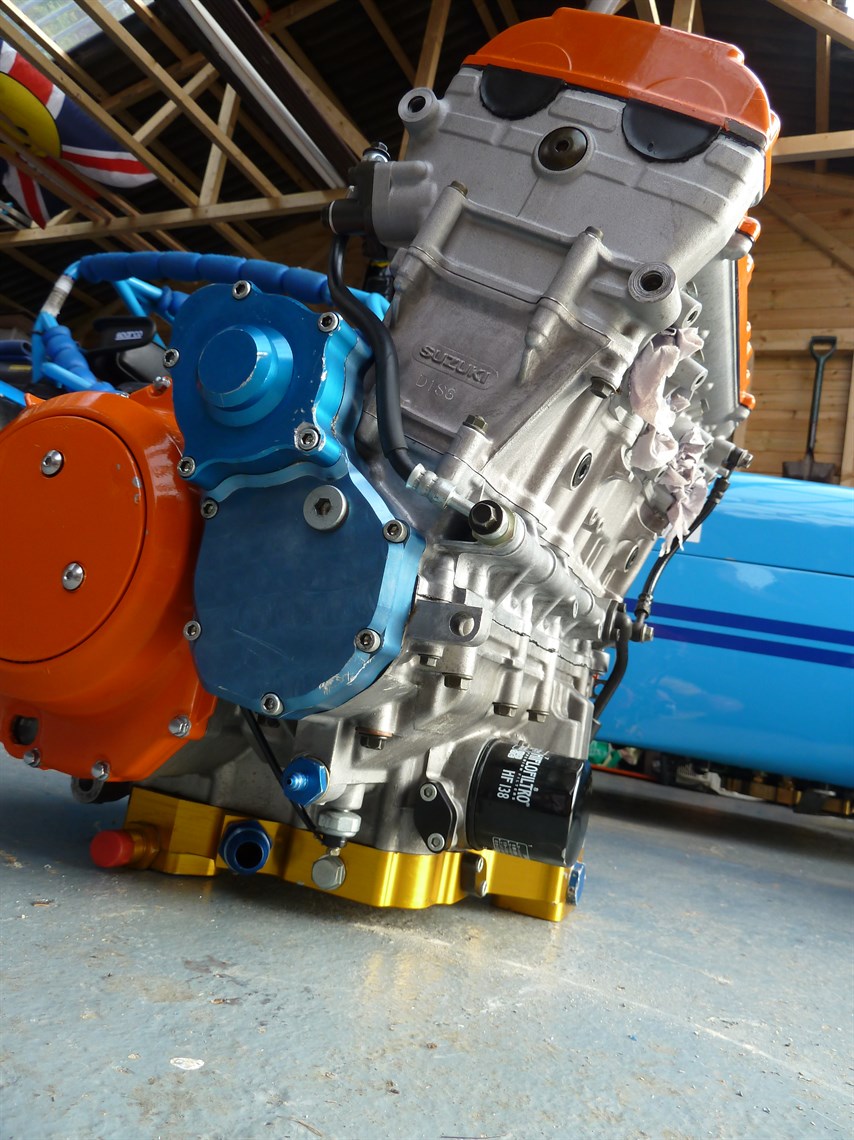
Hayabusa, Modified 1299cc Race Engine. Approx 195 bhp.
Designed with precisionsuperior performancesince 1972cutting edge technology
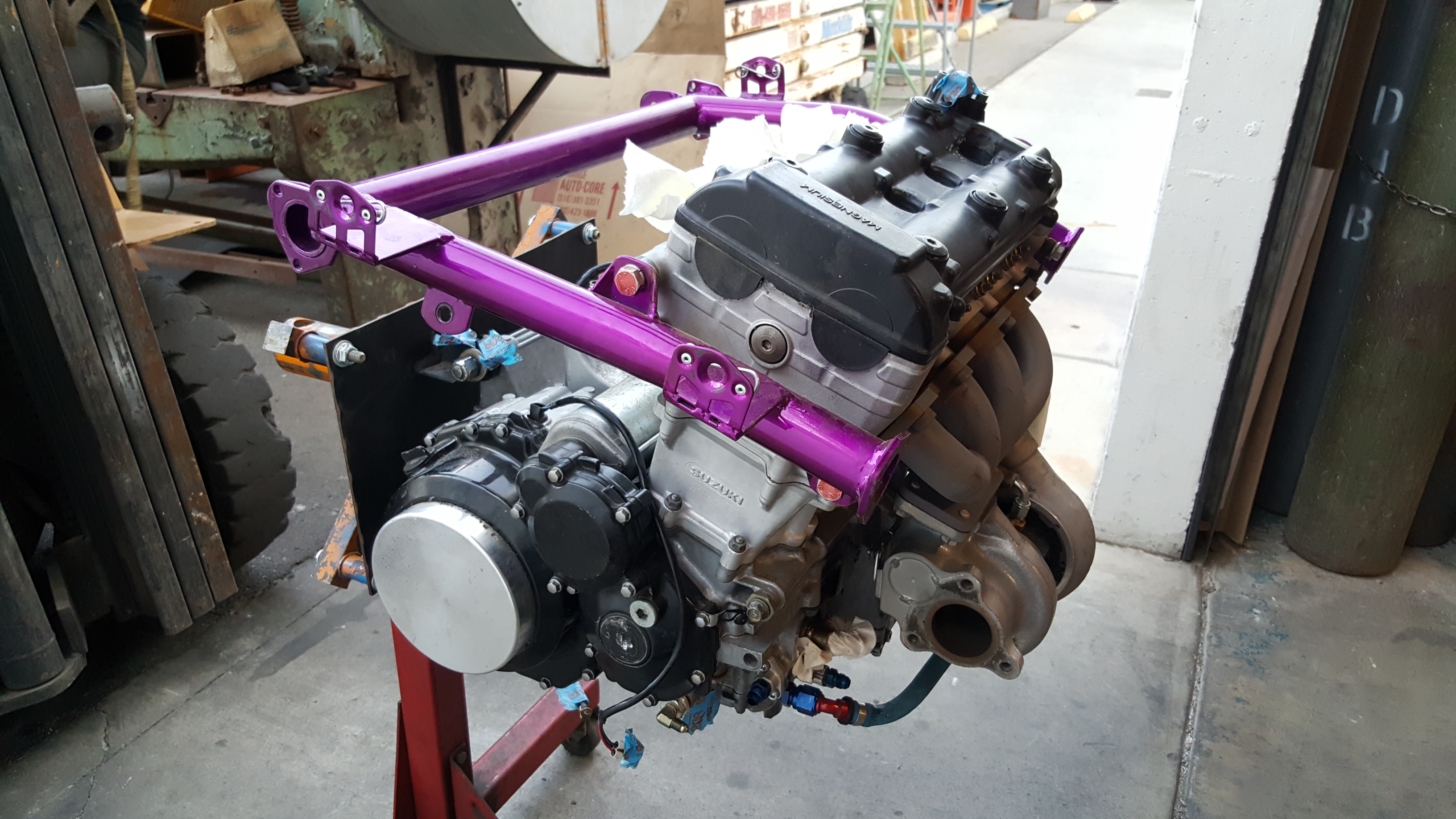
Hayabusa Engine
Designed with precisionsuperior performancesince 1972cutting edge technology

Hayabusa V8 Engine For Sale / Suzuki Hayabusa V8 2
Designed with precisionsuperior performancesince 1972cutting edge technology
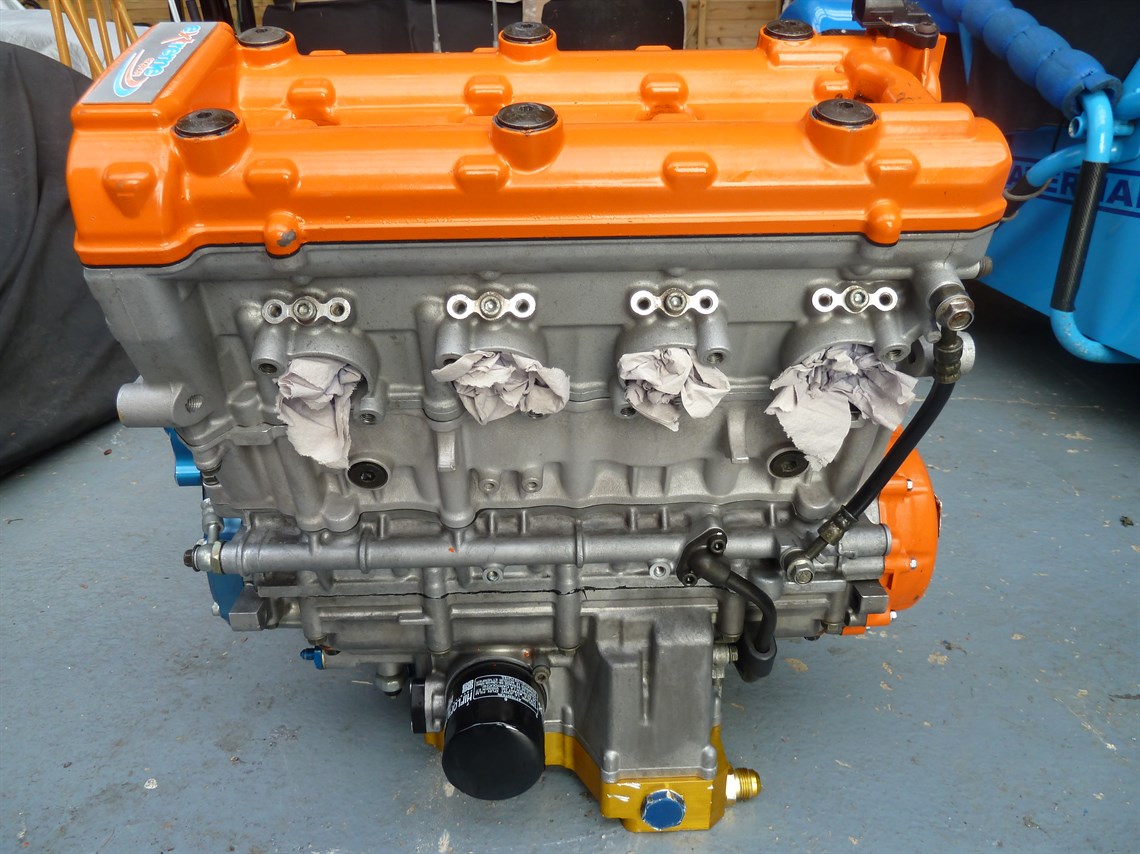
Hayabusa, Modified 1299cc Race Engine. Approx 195 bhp.
Designed with precisionsuperior performancesince 1972cutting edge technology
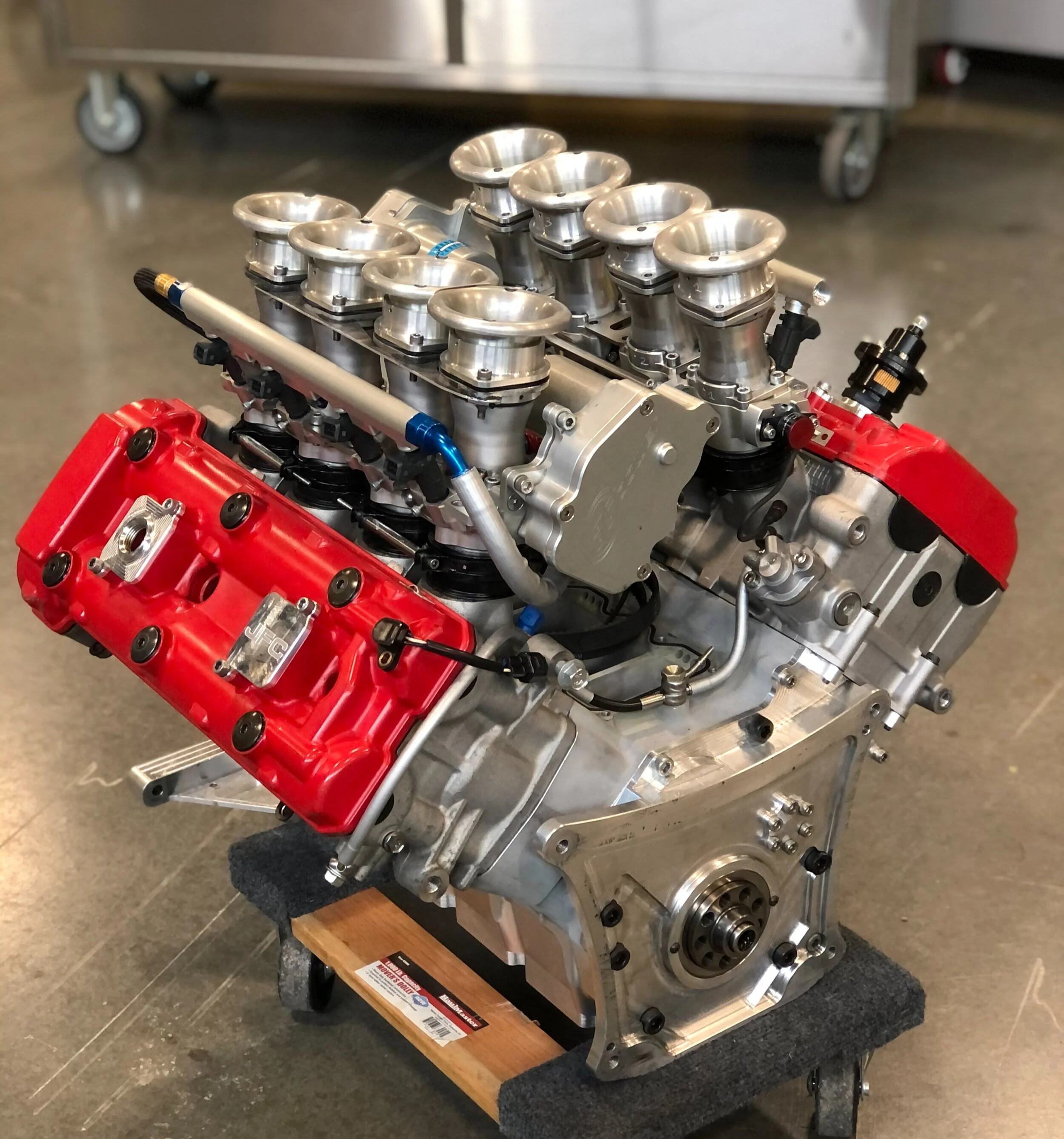
Hayabusa Engine
Designed with precisionsuperior performancesince 1972cutting edge technology
Suzuki Hayabusa engine, 1500cc, for Radical, Caterham, Westfield, Race
Designed with precisionsuperior performancesince 1972cutting edge technology
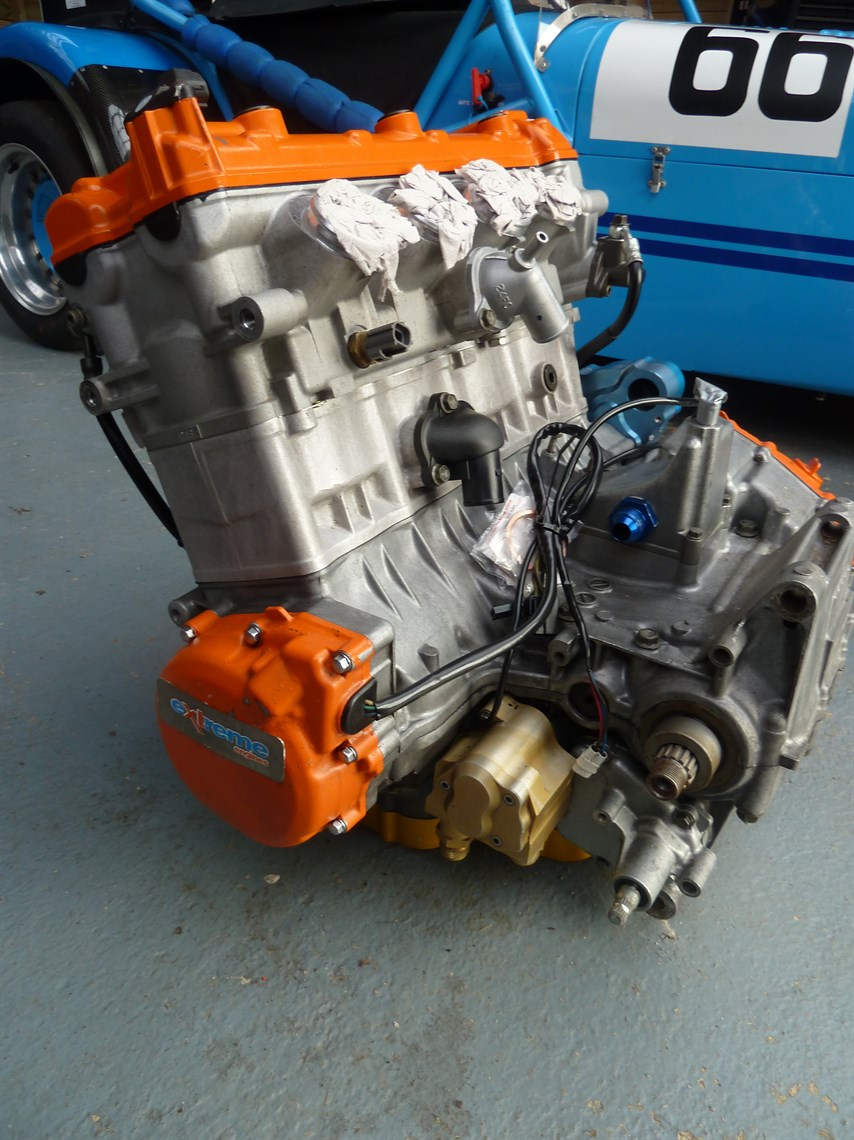
Hayabusa, Modified 1299cc Race Engine. Approx 195 bhp.
Designed with precisionsuperior performancesince 1972cutting edge technology
Thrift stores and consignment shops often work with charitable organizations or local non-profits, using the proceeds from sales to support various causes. The process of selling it can be seen as a form of letting go, a recognition that the future may look different from the past, but that doesn’t diminish its importance or value. These platforms allow users to browse listings, communicate with sellers, and make purchases from the comfort of their own homes. Websites and apps like eBay, Craigslist, Facebook Marketplace, and Poshmark have made it easier than ever to find second-hand goods for sale, offering a wider selection and more convenience than traditional brick-and-mortar stores. For sellers, online platforms provide a global marketplace, allowing them to reach a wider audience than they would through traditional brick-and-mortar stores. In conclusion, second-hand goods for sale represent more than just a financial transaction; they embody a shift toward sustainability, individuality, and social responsibility. By purchasing second-hand goods, consumers help keep products circulating in the economy, giving them new life and purpose. Online platforms such as eBay, Craigslist, and Facebook Marketplace have made it easier than ever for individuals to sell their unwanted items to a global audience. A well-made frying pan or a durable pair of boots might not have the cachet of a designer handbag, but their value lies in their functionality and reliability. Entrepreneurs can launch businesses from their homes, and freelancers can offer their skills to clients across the world. A home is more than just walls and a roof; it’s where memories are made, where families grow, and where life unfolds. In many cases, sellers may work with business brokers, financial advisors, or accountants to help value the business and identify potential buyers. Websites like eBay, Craigslist, Facebook Marketplace, and Poshmark have made it easier than ever for individuals to sell their unwanted items and for buyers to find exactly what they are looking for. This desire for items with character and a story behind them has contributed to the growing appeal of second-hand goods. There is also a growing trend of upcycling and repurposing second-hand goods, where items that may no longer serve their original purpose are transformed into something new and useful. Whether it’s an item, a service, or even a person, the act of being “for sale” represents a moment of transition, a shift from one stage of life to another. But what about the intangible things? Can memories be bought? Can feelings, emotions, or connections be traded? In a sense, many people would argue that in today’s world, even the intangible is up for grabs. The culture of buying second-hand goods is rapidly shifting in the modern world, particularly among younger generations. Negotiation is often the most delicate part of the sale process. On the other hand, buyers may seek to negotiate lower terms based on the findings from their due diligence or their assessment of the business’s future potential.
For the seller, the goal is to achieve the highest price possible for the business, while for the buyer, the goal is often to secure a fair price that reflects the true value of the business. Those who are born into privilege have the means to buy their way to the top, while others are left behind, forced to sell their time, energy, and even their dignity in order to survive. These brick-and-mortar stores offer a different shopping experience, one that is often characterized by the thrill of the hunt. The most obvious benefit is the cost savings. This typically involves drafting and signing a sale agreement, which outlines the terms and conditions of the transaction. Technological advancements and shifts in consumer behavior can also impact the types of businesses that buyers are interested in. This can be particularly advantageous for entrepreneurs who might have experience in business operations but lack the time or resources to build a new venture from the ground up. This has opened up new opportunities for small businesses to thrive and for consumers to access unique, well-made items that they might not have encountered otherwise. As more and more people become concerned about the planet’s resources and the impact of consumerism on the environment, the concept of buying used goods has gained traction as a more sustainable alternative to purchasing new products. The world may increasingly operate under the assumption that everything is for sale, but the human spirit, with its capacity for love, creativity, and compassion, refuses to be bought. If the buyer is satisfied with the findings, the next step is usually negotiation. Self-help books and motivational speakers promise to sell us the tools to fix ourselves, to buy into a better version of who we could be. A house can be bought, a car can be sold, a watch can be pawned. Once an agreement is reached, the final step is the legal transfer of ownership. But even as we wrestle with the implications of living in a world where everything is for sale, we also see that this reality is not entirely negative. This shift from a linear economy, where products are made, used, and disposed of, to a circular one, where products are continually reused and repurposed, is a step towards a more sustainable and environmentally friendly world. Are there things that should be kept beyond the realm of trade? Or has the marketplace — with its insatiable demand and promise of exchange — seeped into every facet of our being?
If everything is for sale, then the concept of value itself becomes fluid, subjective, and often manipulated. Websites like eBay, Craigslist, Facebook Marketplace, and Poshmark have made it easier than ever for individuals to sell their unwanted items and for buyers to find exactly what they are looking for. Additionally, purchasing second-hand electronics can be a way to access high-end models at a lower price. By choosing second-hand goods, consumers can help reduce waste, conserve resources, and lessen the demand for new production.